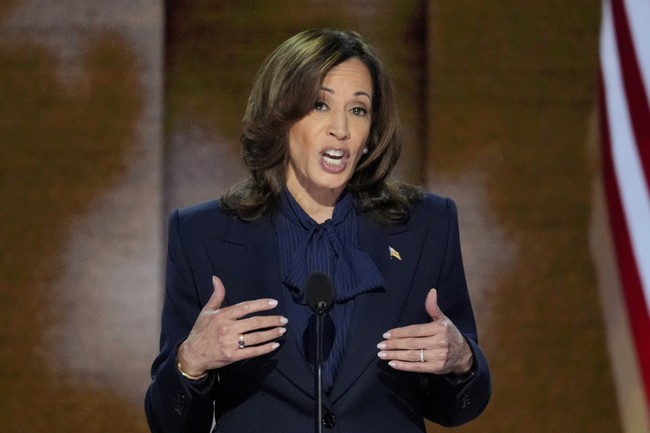Political Unrest Rises as Istanbul's Mayor Arrested
Tensions escalate in Turkey following the arrest of Istanbul's opposition mayor, sparking nationwide protests and raising questions about democracy and political freedoms.
Published March 28, 2025 - 00:03am

Image recovered from arabnews.com
In Turkey, widespread political unrest has erupted following the arrest of Istanbul's opposition mayor, Ekrem Imamoglu. Accused of corruption and having ties with terrorist groups, Imamoglu's incarceration has mobilized masses across the country in the largest street demonstrations since 2013. This crackdown on opposition voices touches on profound issues of democracy, civil rights, and the state's handling of dissent.
Imamoglu, a key opponent of President Recep Tayyip Erdogan, was detained just days before he was to be nominated as the presidential candidate for the Republican People's Party (CHP) in the 2028 elections. His arrest, which he claims is politically motivated, has sparked accusations that the government is attempting to suppress political opposition by creating an atmosphere of fear and intimidation.
The protests that began in response to Imamoglu's detention are characterized by daily rallies and confrontations with security forces in cities including Istanbul. Police have been documented using water cannons and tear gas to disperse crowds, actions that have alarmed international human rights organizations.
More than 1,400 arrests have taken place since the protests began, involving civilians, students, and journalists alike. This includes the controversial detainment of Agence France-Presse journalist Yasin Akgul, whose arrest has been denounced by media groups and prompted calls for his release. Advocacy groups and foreign governments have expressed concern over what they deem an infringement on press freedoms and civil rights.
This political upheaval comes against the backdrop of ongoing tensions in Turkey, a nation grappling with both internal and external challenges. Domestically, Erdogan's administration has faced criticism over its treatment of the Kurdish minority, its economic policies, and the perceived erosion of democratic processes – criticisms that have been exacerbated by Imamoglu's arrest.
These protests have reignited memories of the Gezi Park demonstrations of 2013, a movement that similarly challenged Erdogan's policies and methods of governance. Echoing past sentiments, protesters are calling for democratic reforms and greater freedoms, with slogans condemning Erdogan's rule and demanding justice for Imamoglu.
Imamoglu's legal woes have broader implications for Turkey's political landscape, particularly ahead of the 2028 elections. His case highlights the intricate interplay between politics and the judiciary in Turkey, raising concerns about judicial independence. Analysts suggest that the government's actions may further polarize an already divided society, potentially influencing future electoral outcomes.
Imamoglu remains a symbol of opposition resilience amidst a climate of political repression. His supporters argue that his arrest underscores a strategic move by the Erdogan government to eliminate political threats, especially given Imamoglu's popularity and potential presidential candidacy. In the face of continuous protests and international scrutiny, Turkey's political future remains highly uncertain.






